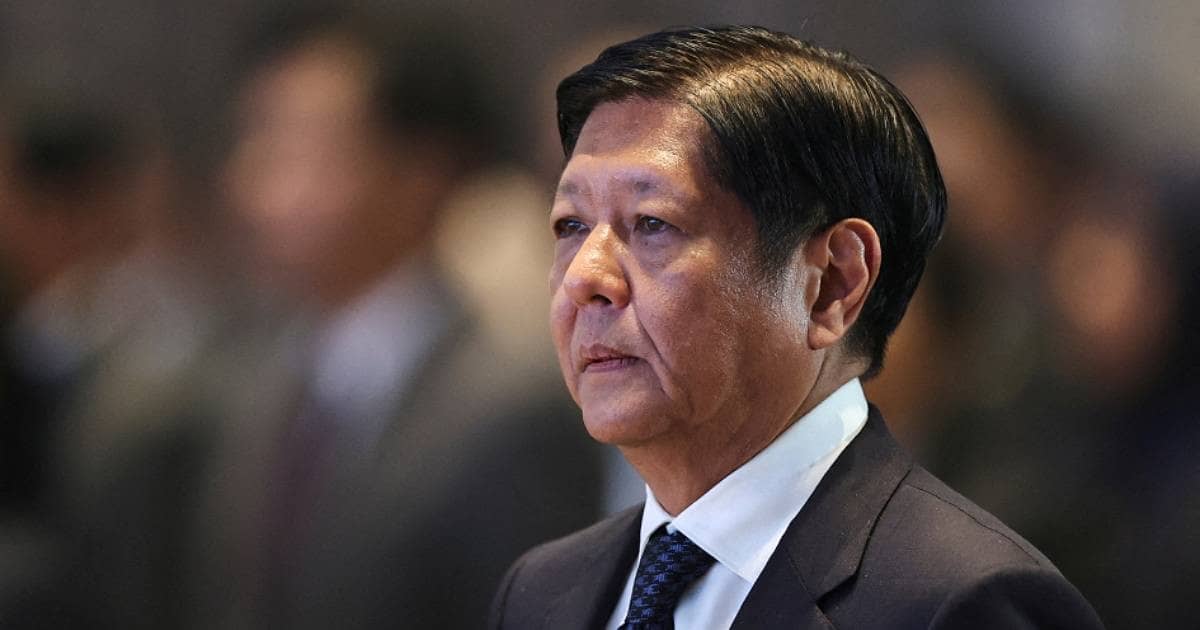The Philippines has once again brought global attention to the ongoing disputes in the South China Sea as tensions rise during recent ASEAN-China negotiations. The country emphasized its South China Sea concerns highlighting the need for regional stability and adherence to international law.
This blog explores the latest developments why the Philippines is vocal about its South China Sea concerns and what this means for ASEAN-China relations. BestPrimeNews
Why the Philippines is Raising South China Sea Concerns
The South China Sea remains one of the most contested waterways in the world. The Philippines has been at the forefront of pushing back against excessive maritime claims particularly from China.
During the recent ASEAN-China talks Manila reiterated its South China Sea concerns pointing out continued Chinese aggression such as illegal fishing blockades and militarization of artificial islands. These actions directly threaten the Philippines sovereign rights and regional peace.
The 2016 Hague ruling favored the Philippines by rejecting Chinas expansive nine-dash line claim. However Beijing has ignored this decision making the Philippines South China Sea concerns even more urgent.
ASEAN-China Talks and the Philippines Stance
ASEAN and China have long discussed a Code of Conduct (COC) for the South China Sea. Yet progress remains slow. The Philippines used the recent negotiations to stress that any agreement must align with international law including the United Nations Convention on the Law of the Sea (UNCLOS).
Manilas South China Sea concerns were clear. It called for transparency freedom of navigation and an end to aggressive actions by Beijing. Other ASEAN nations like Vietnam and Malaysia also share these worries but the Philippines has been the most vocal.
Chinas Response and Regional Implications
China has dismissed many of the Philippines South China Sea concerns calling them exaggerated. Beijing insists its activities are lawful and peaceful. However satellite images and military reports show otherwise.
The ASEAN-China talks ended without major breakthroughs. Yet the Philippines succeeded in keeping the South China Sea concerns on the agenda. This is crucial because unchecked Chinese expansion could destabilize trade routes affecting global economies.
What’s Next for the Philippines and ASEAN
The Philippines will likely continue pushing for stronger ASEAN unity against Chinese aggression. Military partnerships with the US Japan and Australia may also deepen as Manila seeks allies to counterbalance Beijing.
For ASEAN the challenge is balancing economic ties with China while addressing member states South China Sea concerns. A unified stance is essential to prevent further escalation.
Final Thoughts
The Philippines remains firm in defending its rights in the South China Sea. By raising its South China Sea concerns during ASEAN-China talks Manila ensures the issue stays in the global spotlight.
The world must pay attention. The South China Sea is not just a regional dispute but a critical flashpoint affecting international trade and security. The Philippines will keep fighting for a rules-based order and so should the rest of ASEAN.
Stay updated on the latest developments regarding the South China Sea concerns as the geopolitical landscape continues to shift. BestPrimeNews



